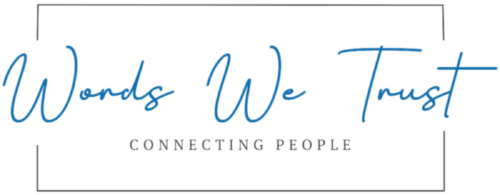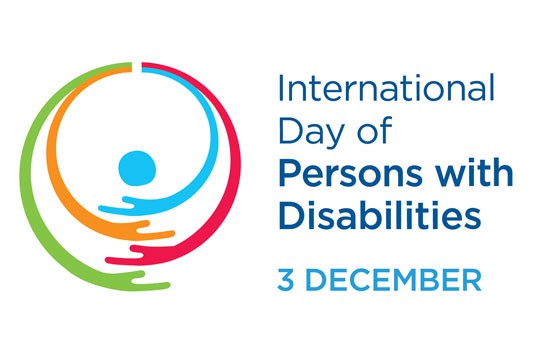Language shapes how we see the world and holds the power to foster inclusion, amplify voices, and break down barriers. For LSPs, translators and revisers, this responsibility takes on greater significance when addressing sensitive topics like disability. Beyond political correctness, it’s about preserving dignity, promoting understanding, and ensuring equitable access to information.
As we approach the International day of Persons with Disabilities on December 3rd, I’d like to explore how thoughtful translation practices align with the Sustainable Development Goals (SDGs) — notably Goal 10 (Reduced Inequalities) and Goal 17 (Partnerships for the Goals).
Person-first language: people before labels
Person-first language puts the individual before the disability, emphasizing humanity over condition. For example, “a person with a disability” acknowledges their identity beyond their impairment. Yet, not all individuals or communities prefer this approach—some embrace identity-first language, such as “autistic person,” viewing disability as an integral aspect of their identity.
Tip: Prioritize the preferences of individuals or communities when translating or revising texts. Resources like the Disability Language Style Guide from the National Center on Disability and Journalism offer invaluable guidance.
Avoiding stigmatizing language: out with the old, in with the respectful
Language evolves, and outdated terms can unintentionally perpetuate stigma. Words like “handicapped,” “crippled,” or “retarded” are not only offensive but fail to convey the respect and neutrality modern discourse demands. Instead, adopt terminology that accurately reflects the condition without judgment.
The APA Style Guide is a great resource for navigating bias-free, inclusive language, including terms related to disability.
Focus on abilities, to empower others through language
How we phrase things can either reinforce stereotypes or celebrate agency. For example, saying “wheelchair user” instead of “confined to a wheelchair” highlights autonomy rather than restriction. Small adjustments in phrasing can make a significant impact in how people are perceived.
For more on inclusive representation, the United Nations Disability Inclusion Toolkit is an excellent resource.
Consulting experts and listening to disability communities
Effective and inclusive translations require linguistic skill, but more than that, they demand cultural understanding. Collaborate with disability rights organizations or experts in disability studies to gain insights into preferred terminology and nuances. When hesitating, don’t be shy to ask.
Organizations like the World Institute on Disability or the National Disability Rights Network offer valuable perspectives and resources to guide your work.
Essential resources for translators and revisers
When we work on translations, and deadlines are short, we depend on our references. Here’s a curated list of resources:
- International instruments & documents:
- Convention on the Rights of Persons with Disabilities (EN-FR)
- Convention (No. 159) concerning Vocational Rehabilitation and Employment (Disabled Persons) (EN – FR)
- Marrakesh Treaty to facilitate access to published works for persons who are blind, visually impaired, or otherwise print disabled (SP – RU – FR – EN – CH – AR)
- Convention between France and Romania concerning assistance to abandoned, orphaned and handicapped children (EN-FR version)
- English (EN):
- Spanish (ES):
- French (FR):
- Other Languages:
Translators and the SDGs: words to create worlds
Translators play a pivotal role in advancing the SDGs by breaking down barriers to information. Accurate and inclusive translations empower persons with disabilities to fully participate in society (SDG 10) and foster accessible, equitable institutions (SDG 16). Collaboration with disability organizations and language professionals strengthens our collective impact (SDG 17).
We have a profound opportunity to shape a more inclusive and accessible world through language. By choosing person-first language, avoiding stigmatizing terms, focusing on strengths, and consulting with experts, we ensure our translations respect and empower individuals with disabilities.

